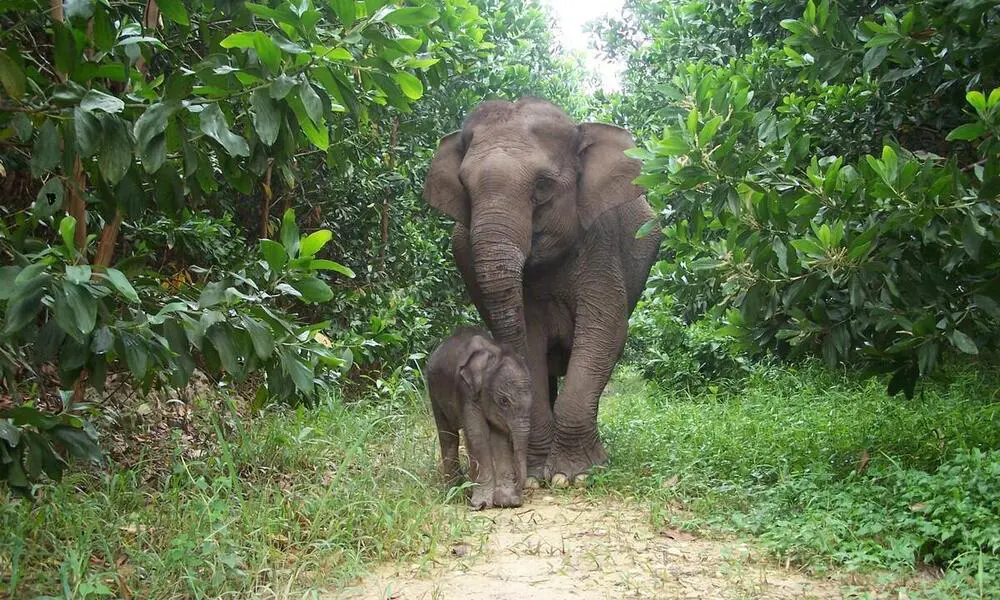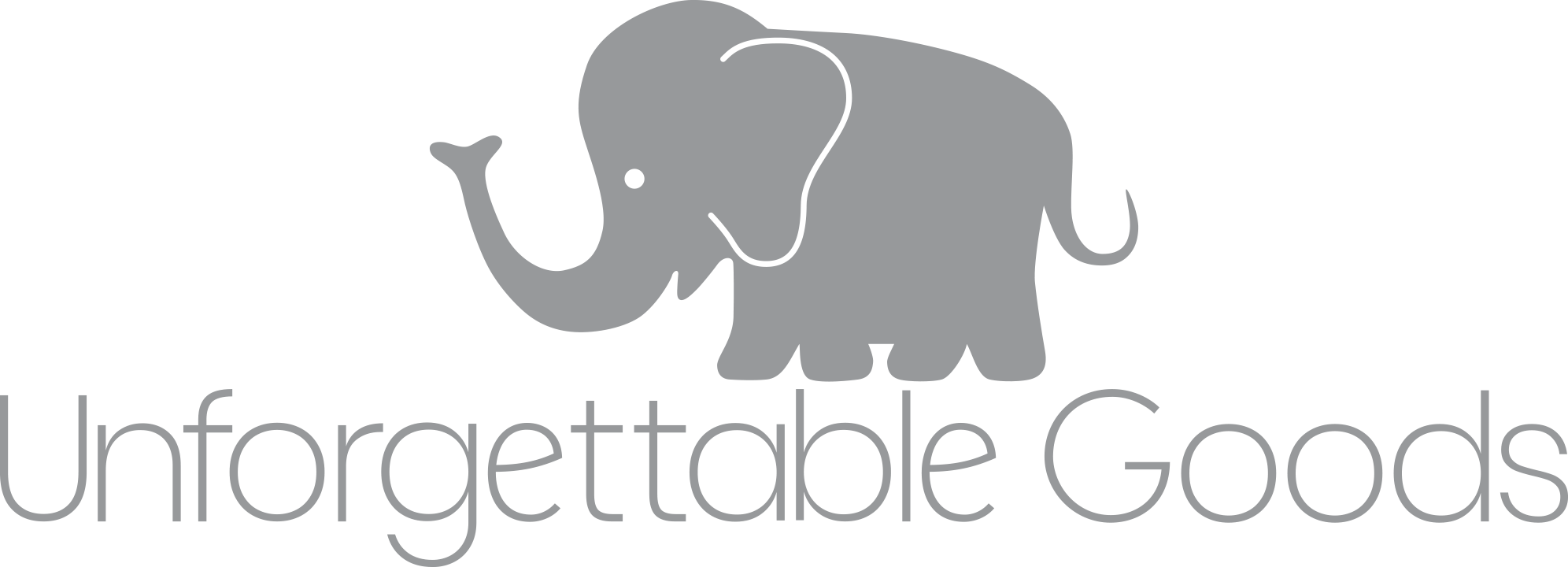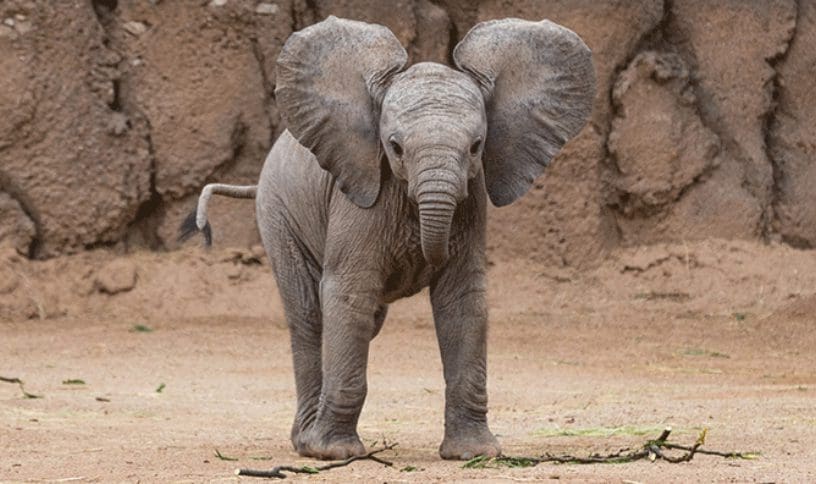Our Commitment to Environmental Conservation
At Unforgettable Goods, we love and respect our environment. We know that there are so many global issues that are threatening the safety and beauty of our planet. We know that more needs to be done to preserve the precious resources that we have. We felt compelled to help. That’s when we found the World Wildlife Fund.


For 50 years, WWF has been protecting the future of nature.
The world’s leading conservation organization, WWF, works in 100 countries and is supported by more than one million members in the United States and close to five million globally. WWF has a unique way of working, combining global reach with a foundation in science, involving action at every level, from local to global, and ensuring the delivery of innovative solutions that meet the needs of both people and nature. WWF’s work has evolved from saving species and landscapes to addressing the larger global threats and forces that impact them. The strengths of WWF’s amazing, dedicated, and passionate people have created some of the planet’s greatest conservation victories.
We give back because we believe that it teaches us to find compassion within ourselves. We want to make a difference and leave behind a legacy. We want to be a part of something bigger than we are. At Unforgettable Goods, we vowed to donate a percentage of our quarterly profits to the World Wildlife Fund because we know that when we work together to give back, we not only create stronger networks but can make anything possible!
Here’s how you can join us in giving back:


